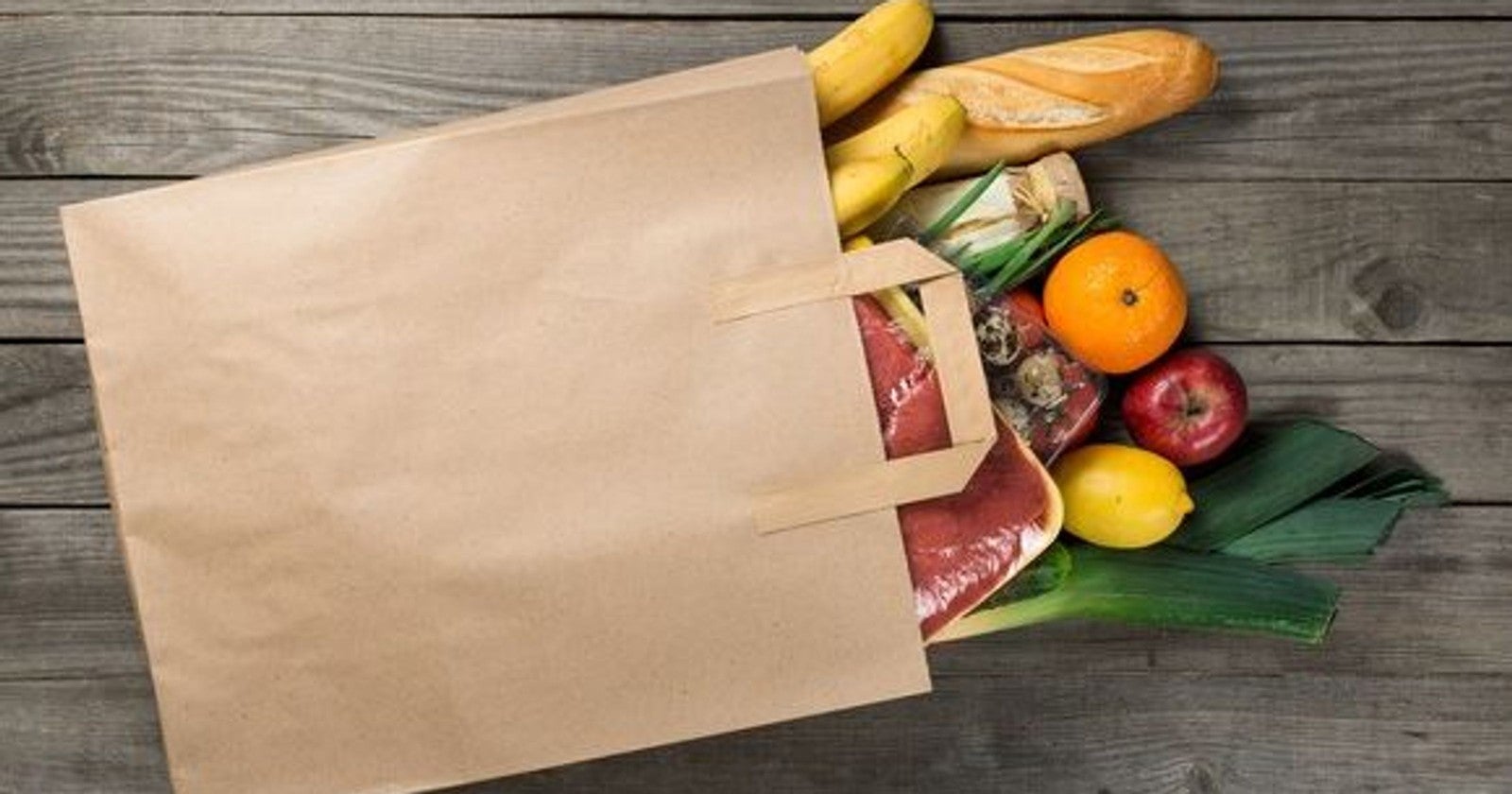
Right behind housing and transportation, buying food costs more than anything else in the average household’s budget. While eating is a necessity, there are ways to save money when shopping for groceries, and you can do so without having to go without. Let’s take a look.
Create a budget that works
It’s almost impossible to begin saving money on your grocery bill if you don’t first define how much you want to spend. Creating a budget and sticking to it is a sure-fire way to eliminate unnecessary costs at the store. You can create a budget that works for you by keeping a couple weeks’ worth of receipts and tallying up their totals. Subtract 10 percent from that to determine a starting point for your next shopping trip. If you find it easy to stay within that budget, you can try subtracting another 10 percent next time. The goal is to get the things you need and those that are the most important to you while leaving the unnecessary things behind in order to save money.
Use coupons
It goes without saying that coupons save you money. On the whole, they are well worth the time it takes to print them out, clip them out or otherwise load them to a store gift card. Consider this: if you used just five $1 coupons each week on things you’d normally buy anyway, you’d save a total of $260 in a year.
Shop clearance items
Many grocery stores mark down items that are soon-to-expire. Things like meats, dairy products, and in some cases, produce carry expiration dates that if pass, cannot be sold to the public. Rather than lose money, stores mark these items down for fast sale. There’s really no issue with buying these items, especially if you plan to use them right away or freeze them. Of course, should you get something that doesn’t taste right, most stores will issue a refund - no questions asked. On a side note, don’t be afraid to ask a store manager or employee to mark something down if you find it to be nearing its expiration date.
Go meatless
Meat is one of the most expensive items consumers buy in terms of groceries. With this being said, it will help shave some money off your grocery bill if you go meatless just one night a week. Who knows? Maybe you’ll love it so much, you’ll think of other strategic ways to cut this expensive food item from your food bill.
Place grocery money in an envelope
At the beginning of the month or week, put the money you plan to spend on groceries in an envelope. Take that, and only that, to the store to shop. Leave your debit and credit cards at home. This makes it impossible to spend extra on items you may want but don’t particularly need. If it’s possible, try to save a little extra in your envelope to take advantage of any clearance items you may find during your shopping trip.
Shop more than one store
While this just sounds time consuming, shopping more than one store for the best deals is smart. If you do it right, you can hit all the stores that have the best deals on the things you want to buy. The best way to go about this is with strategic planning. At the beginning of the week, gather all the flyers for the stores in your area. Figure out which ones have the items you need at the best prices. In addition to looking for the best prices, figure mileage into the equation.. After all, you don’t want to travel 20 miles to save 25 cents on a bottle of ketchup when a closer store has it for regular price. Gas isn’t free, you know.
Don’t take for granted that “generic” is cheaper
While most store brands and generic brands are cheaper, there are times when their brand name counterparts are less expensive. If you use coupons, this can often be the case. Alternately, if there is more than one grocery store in the area, there may be in-store specials on brand name items that make them cheaper than the generic versions. It pays to comparison shop.
Justin
